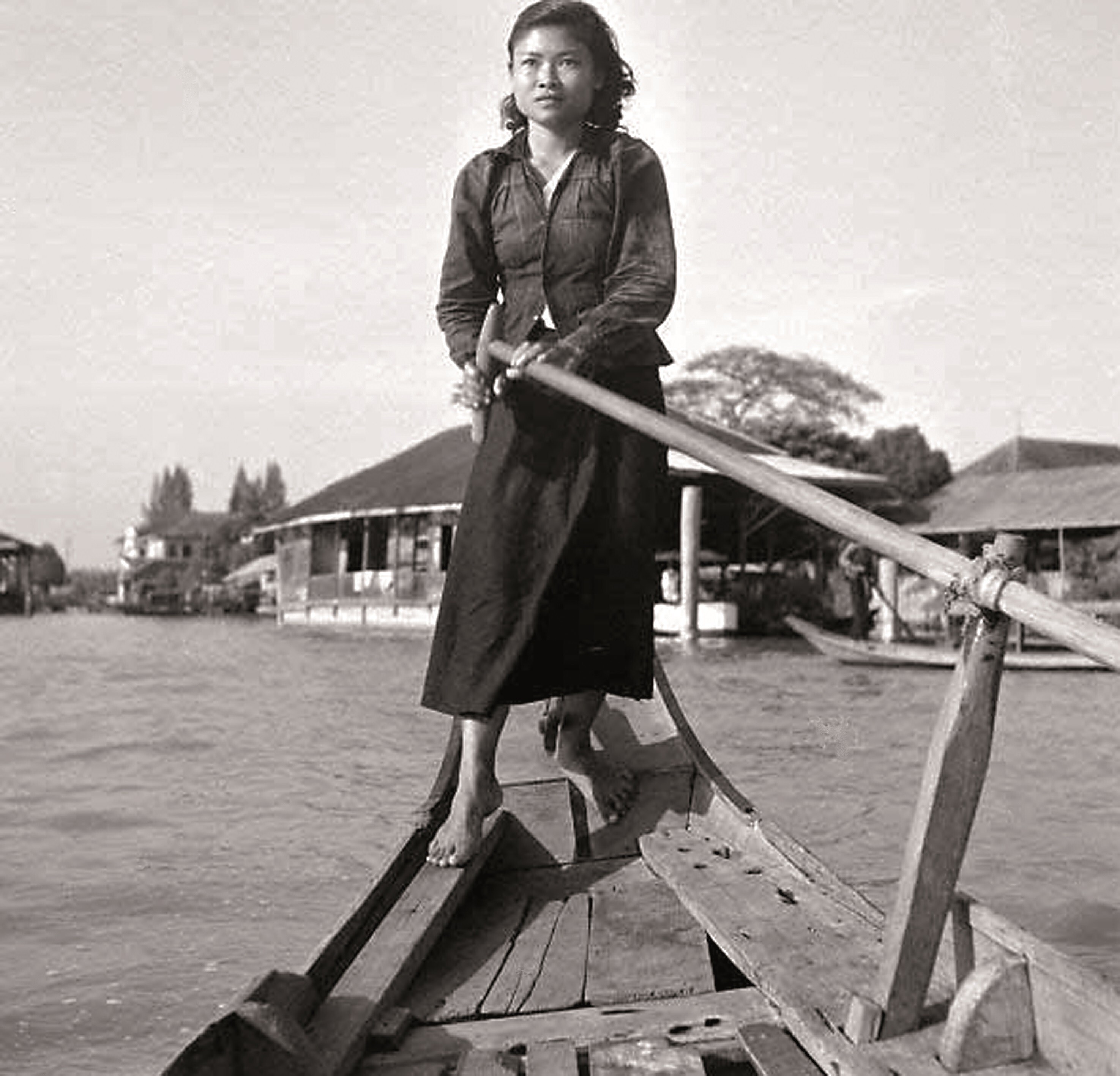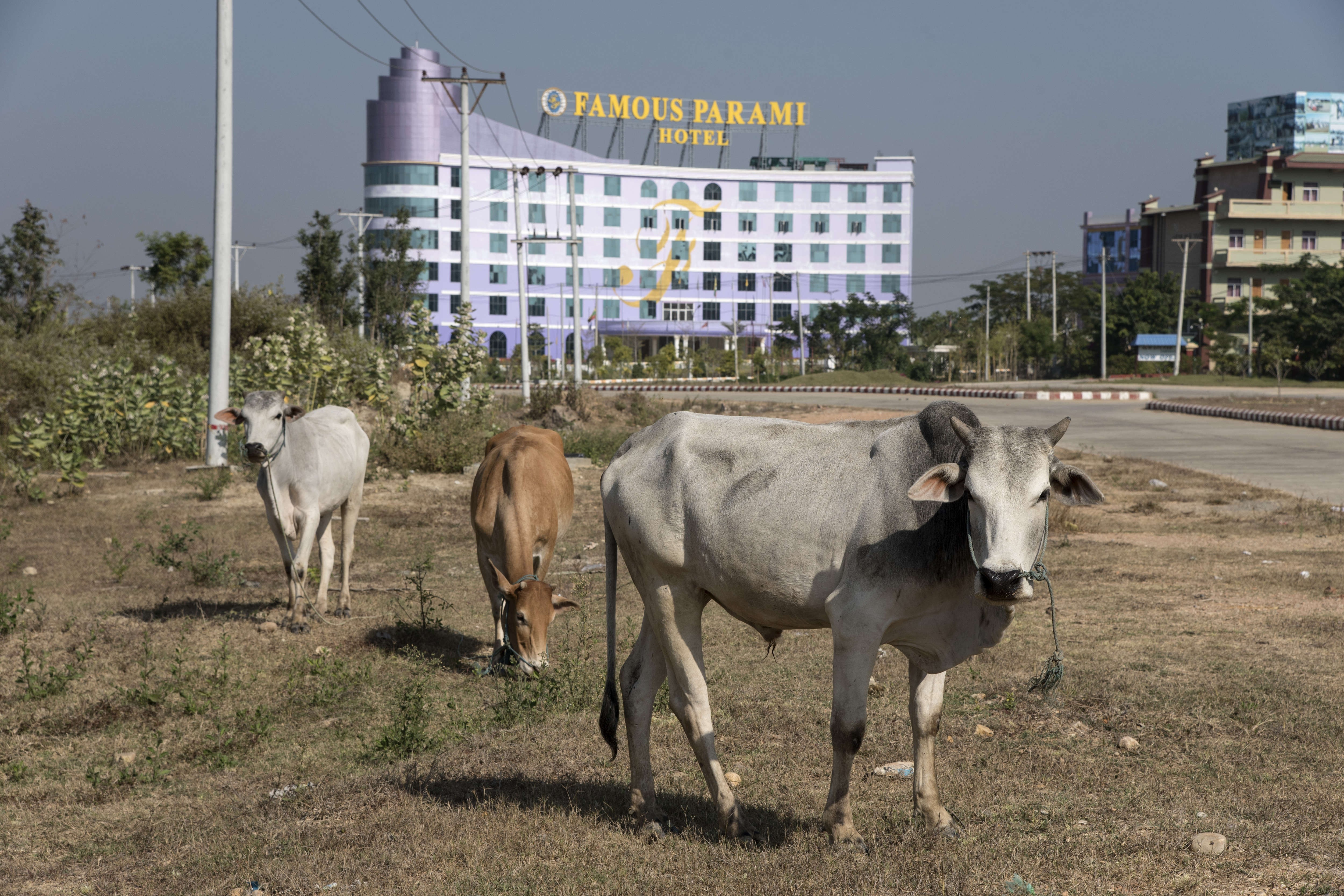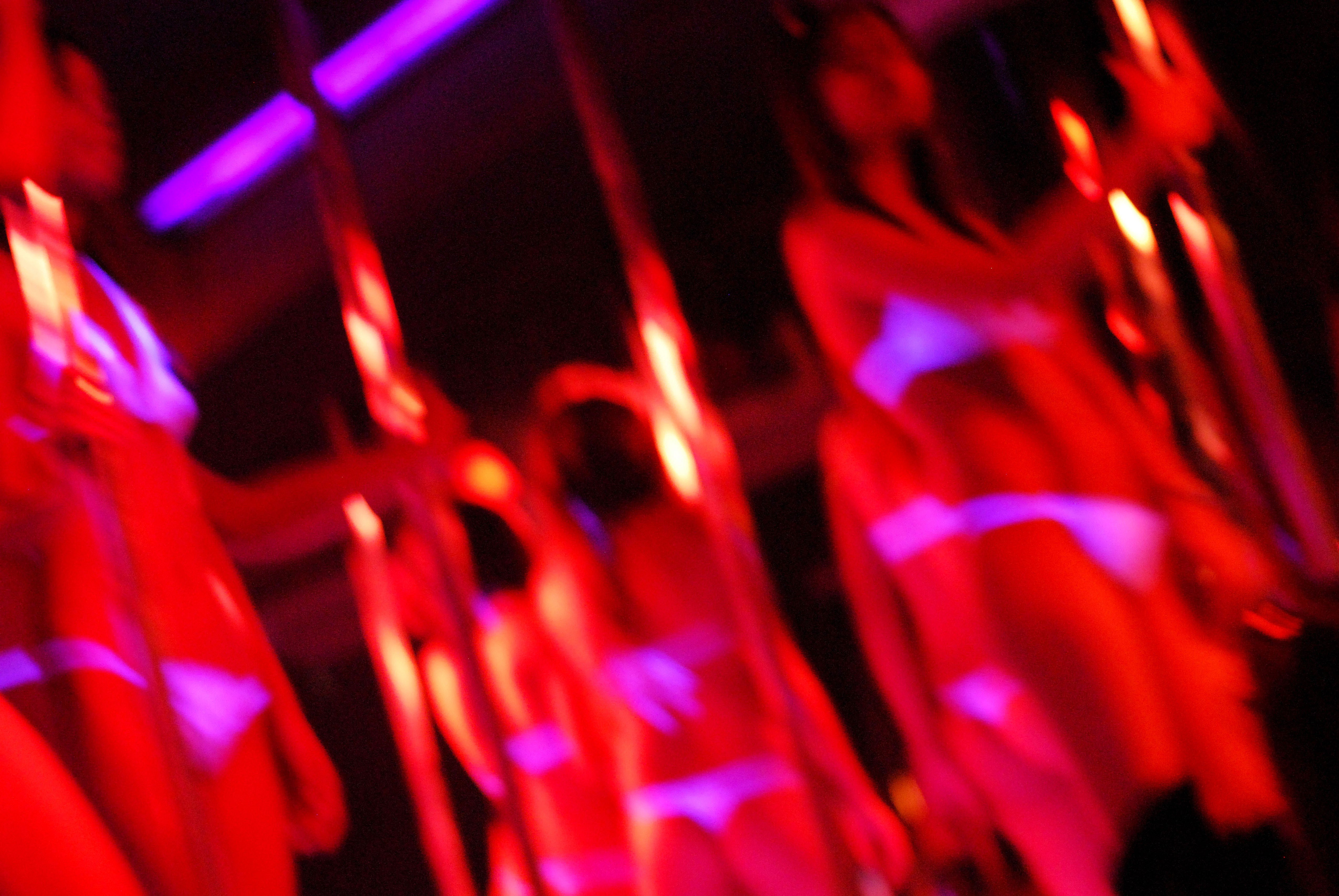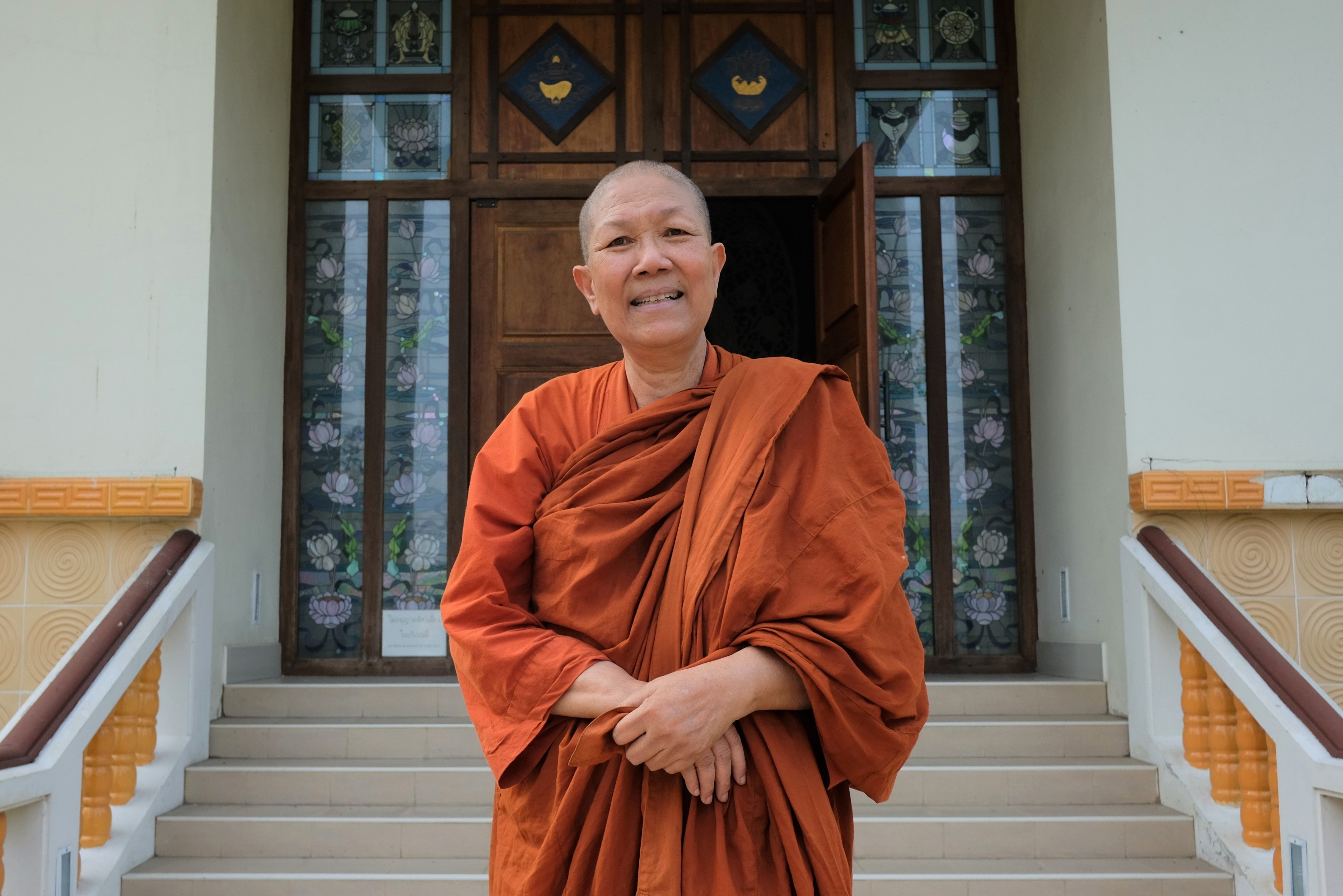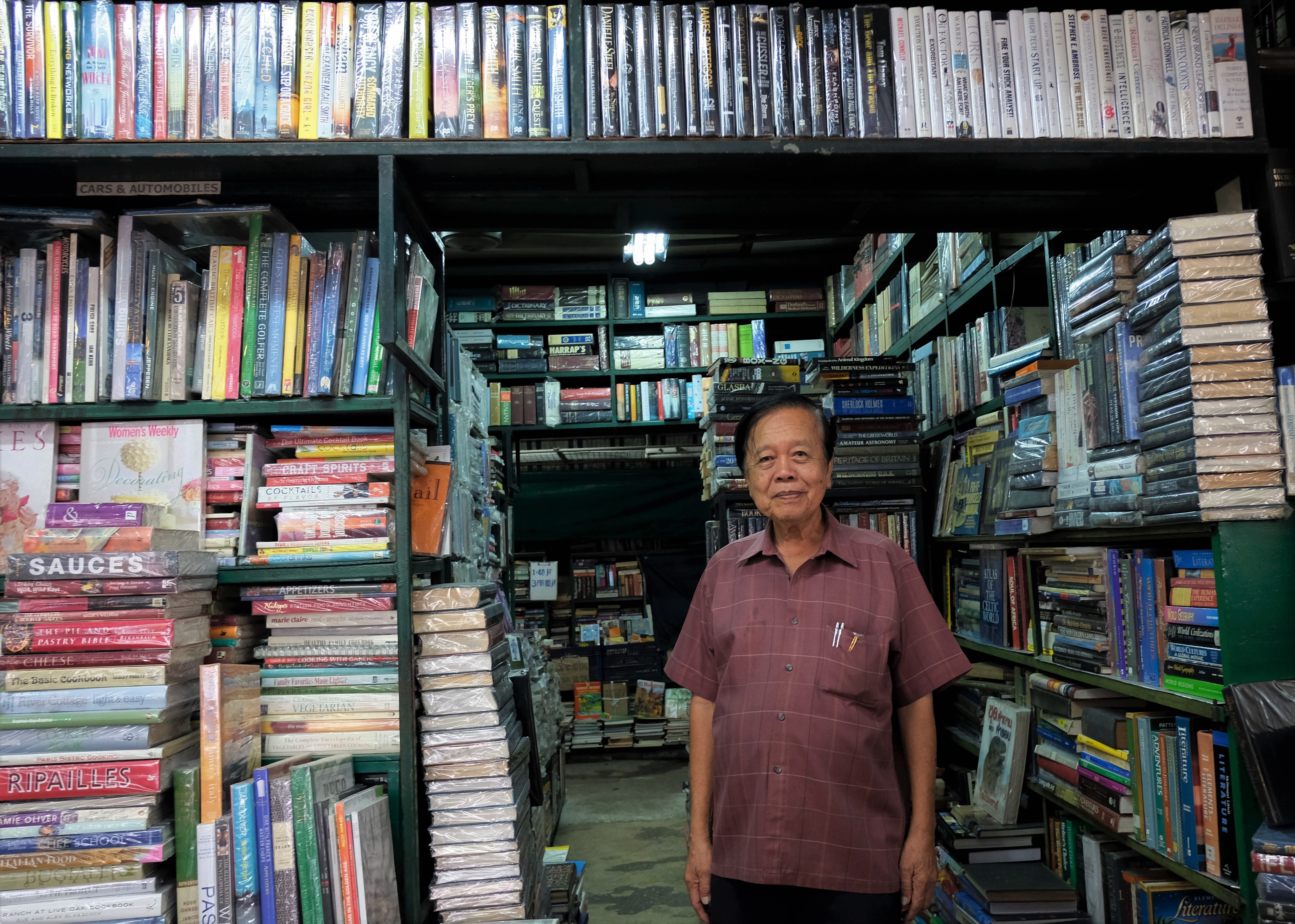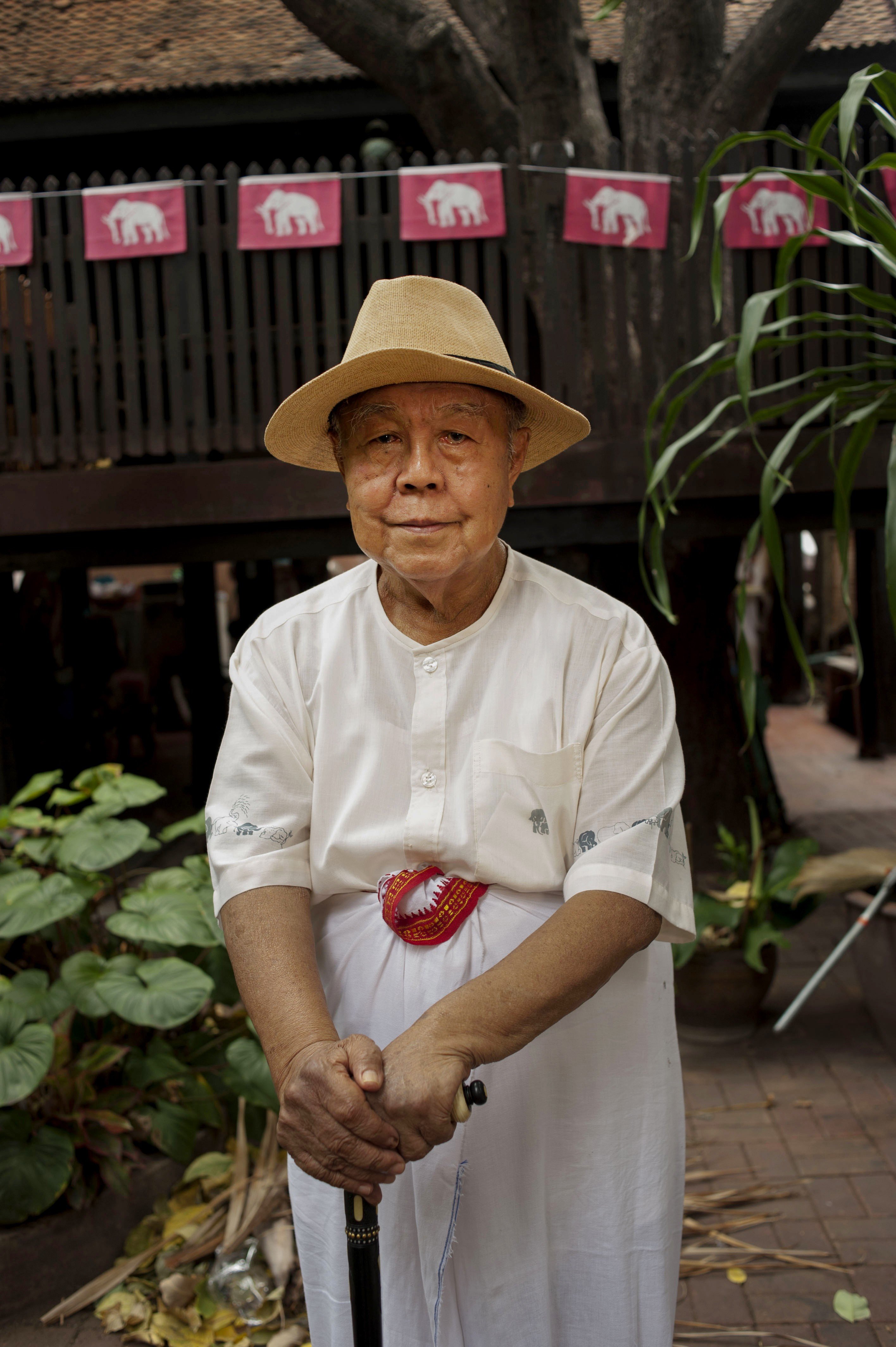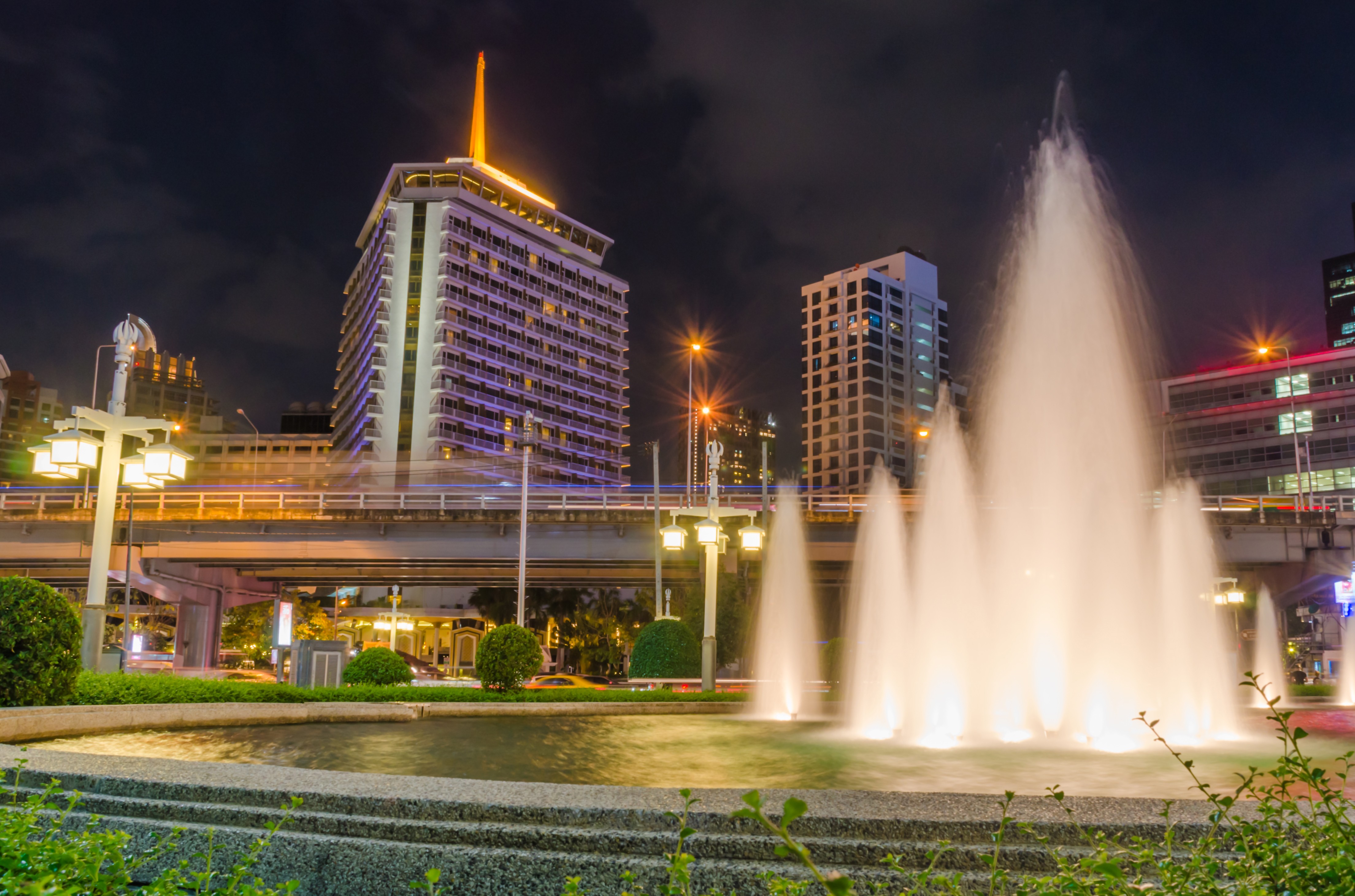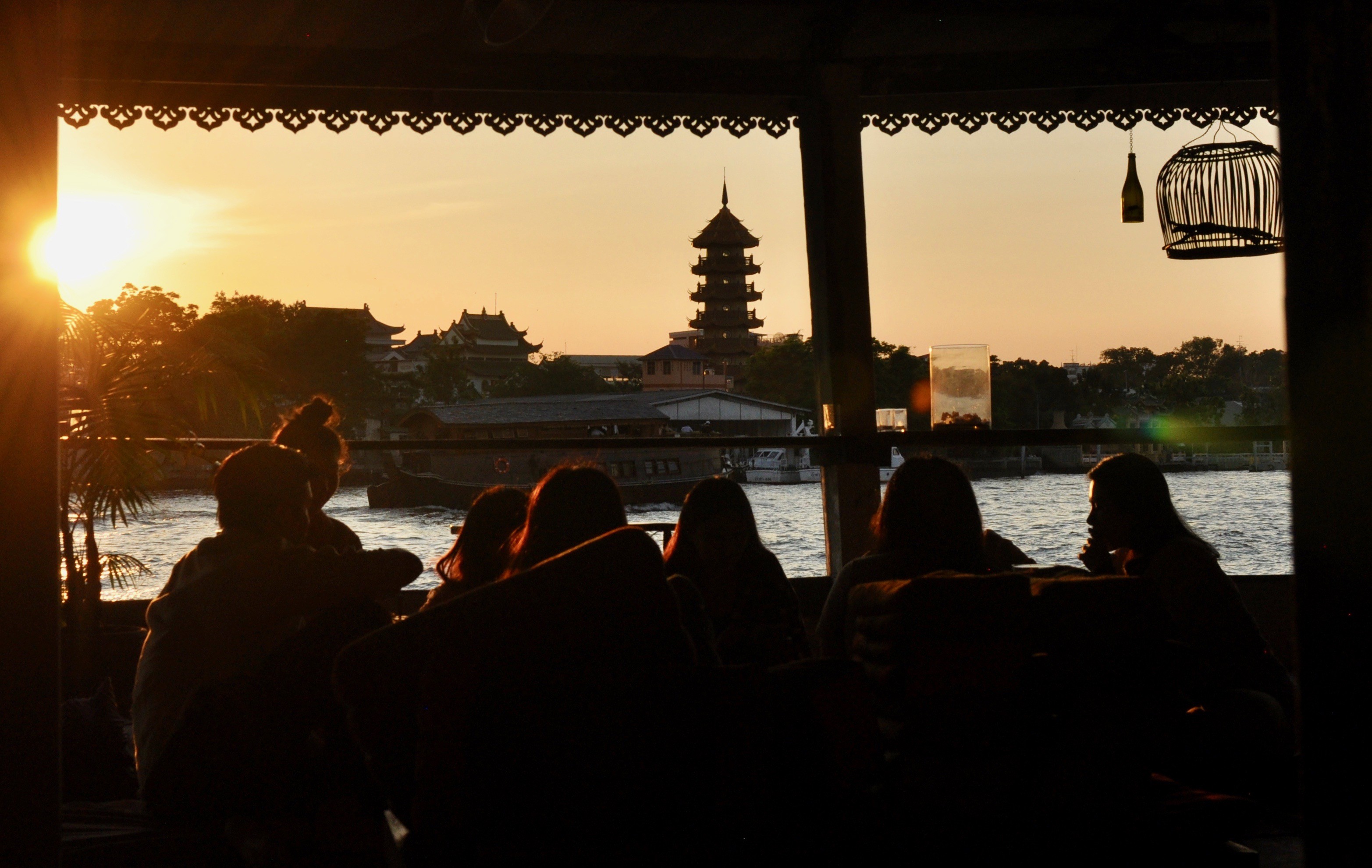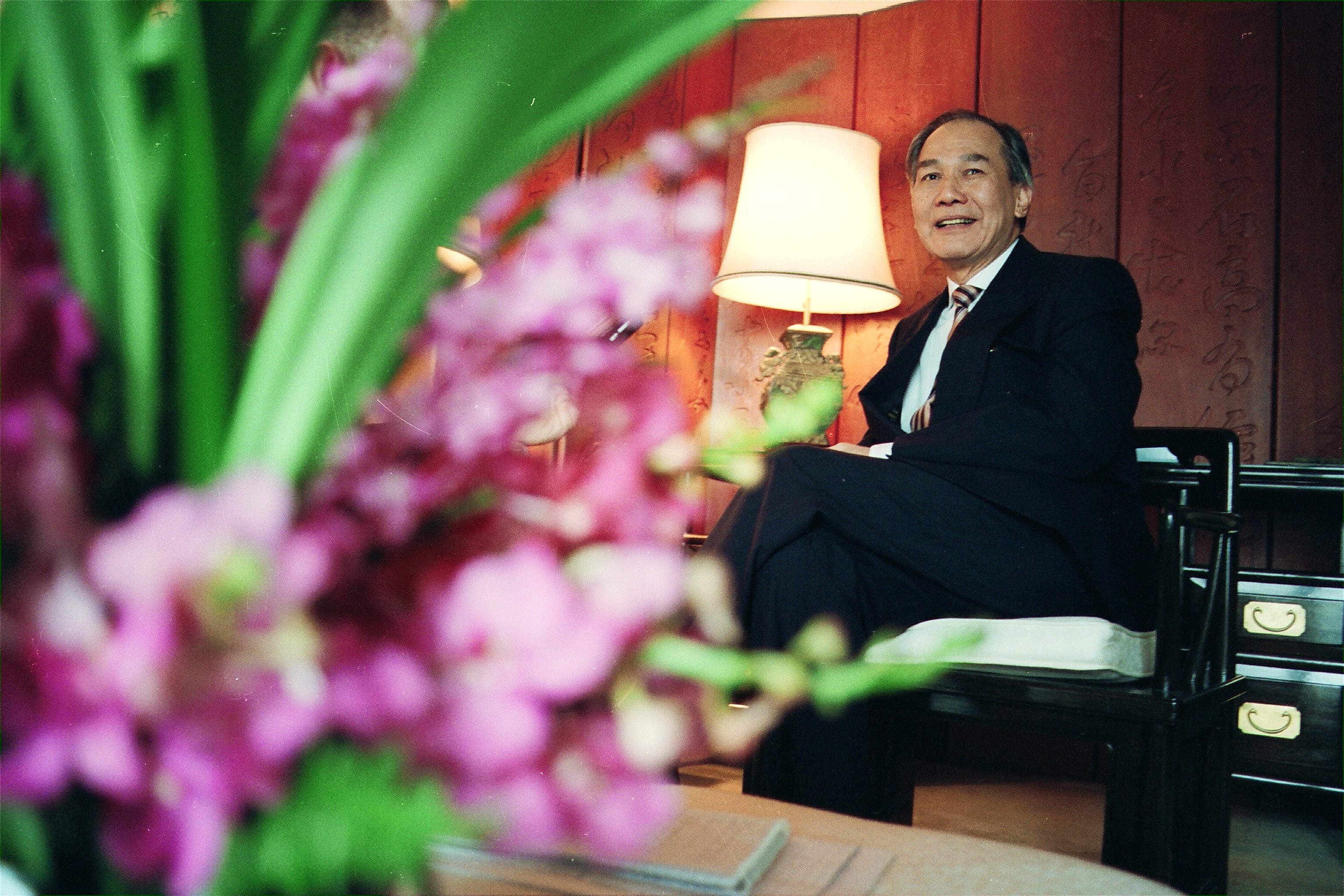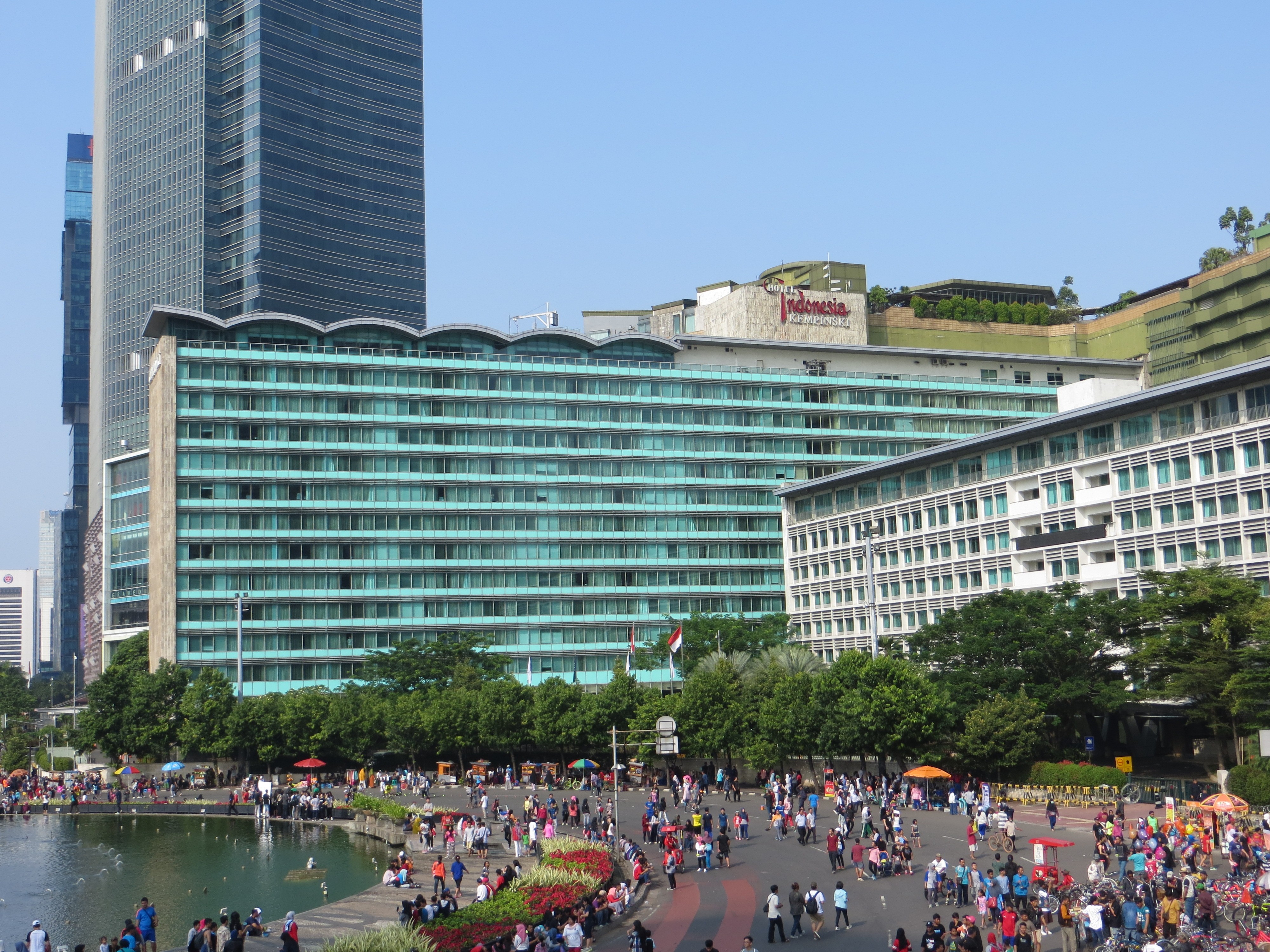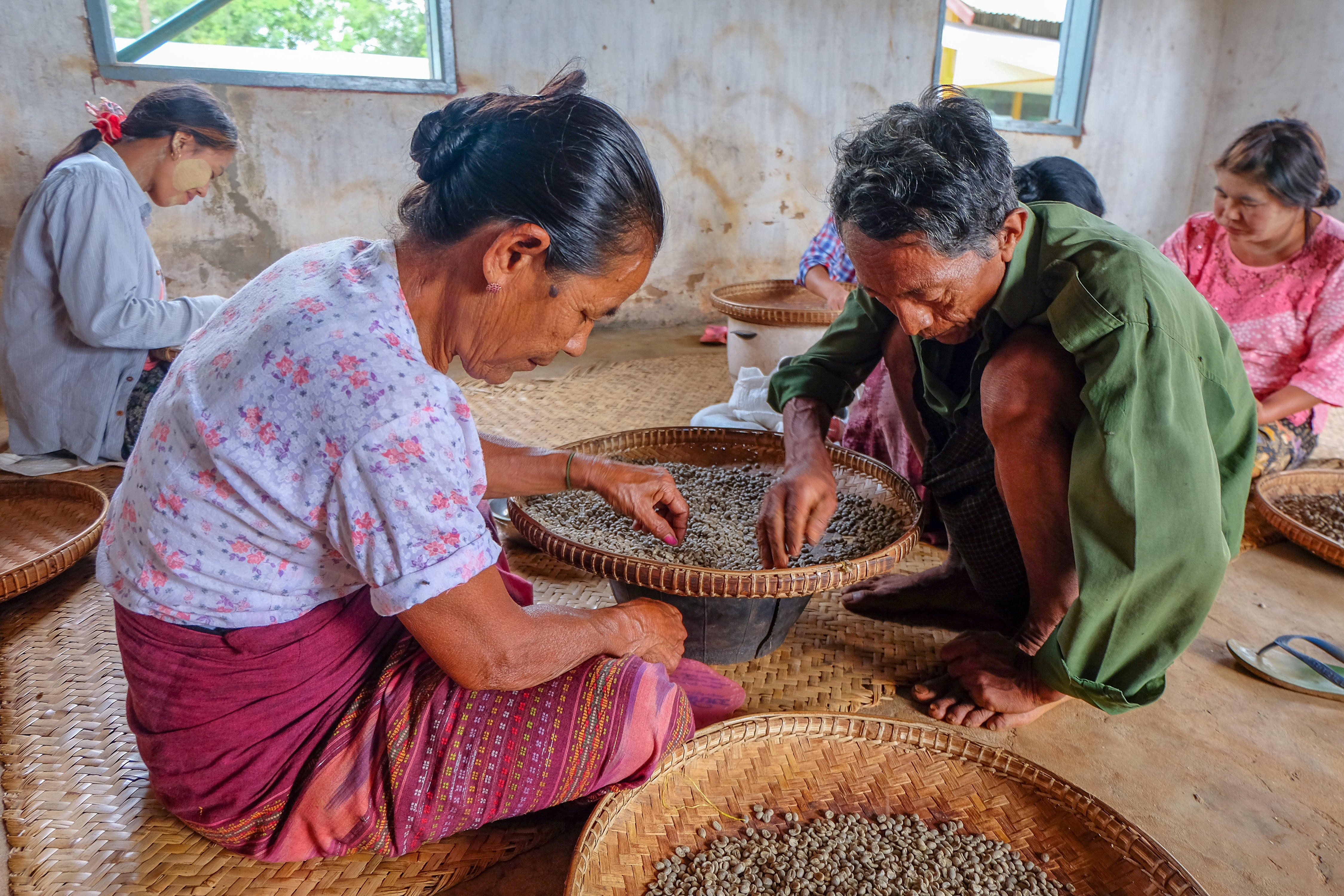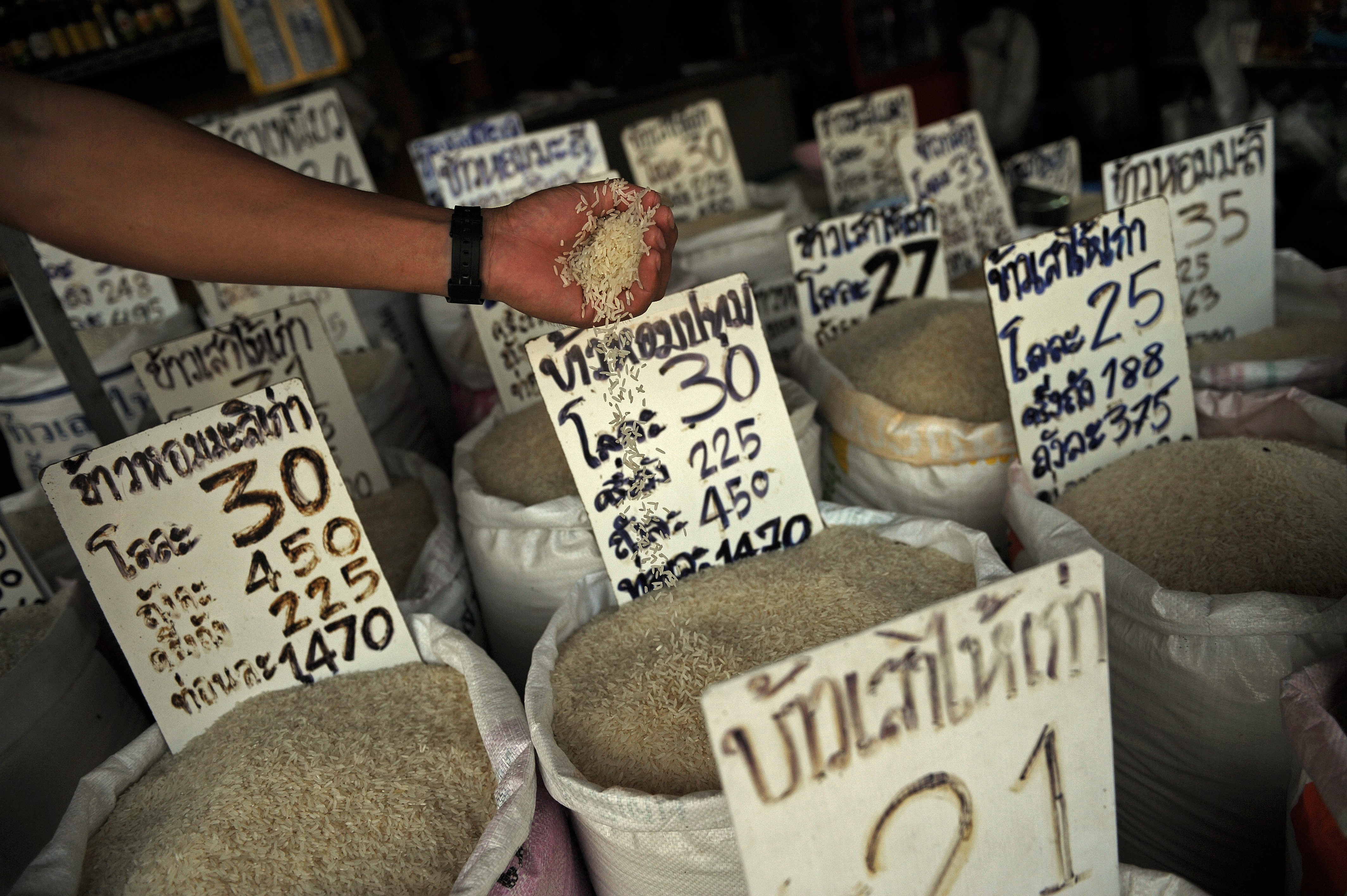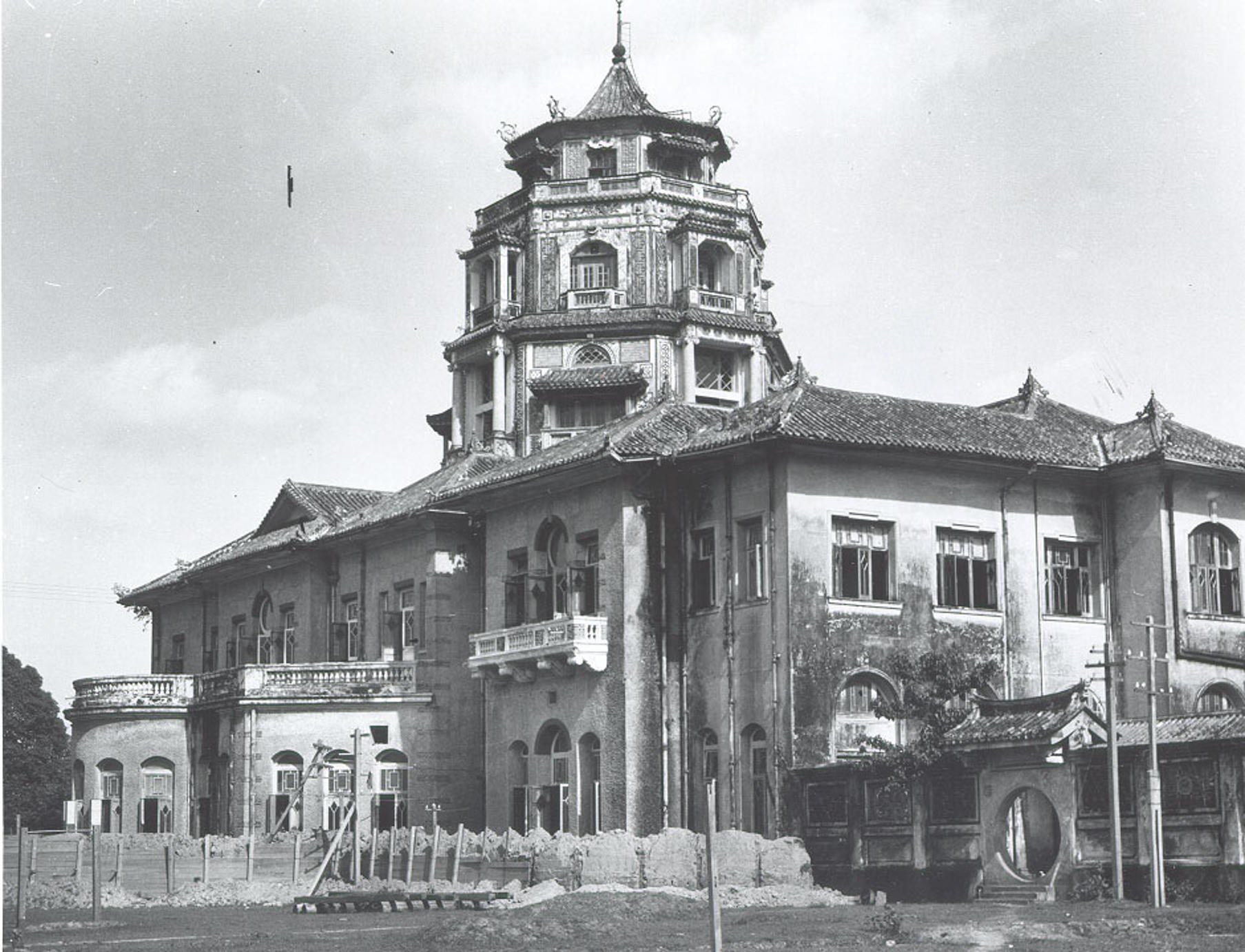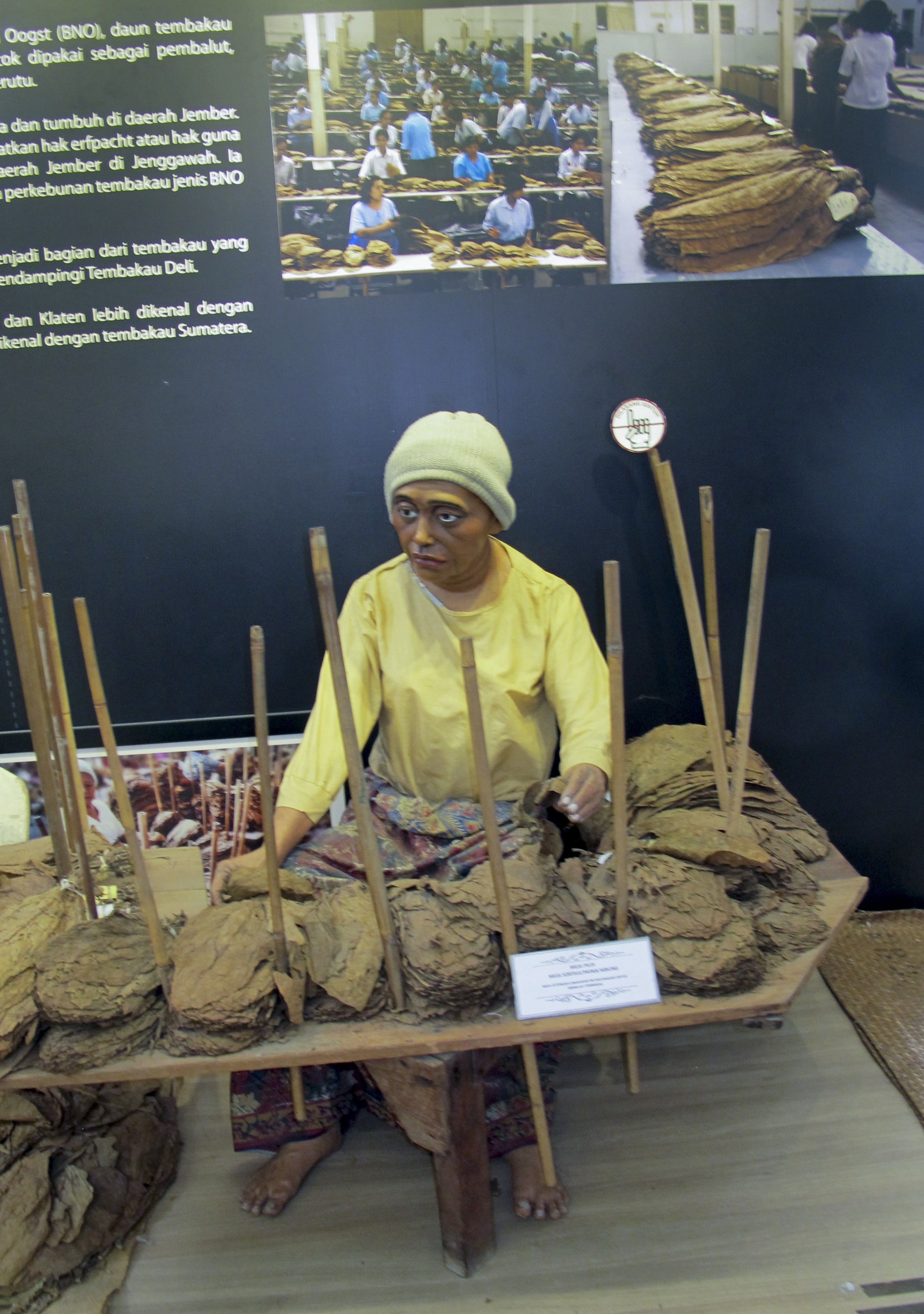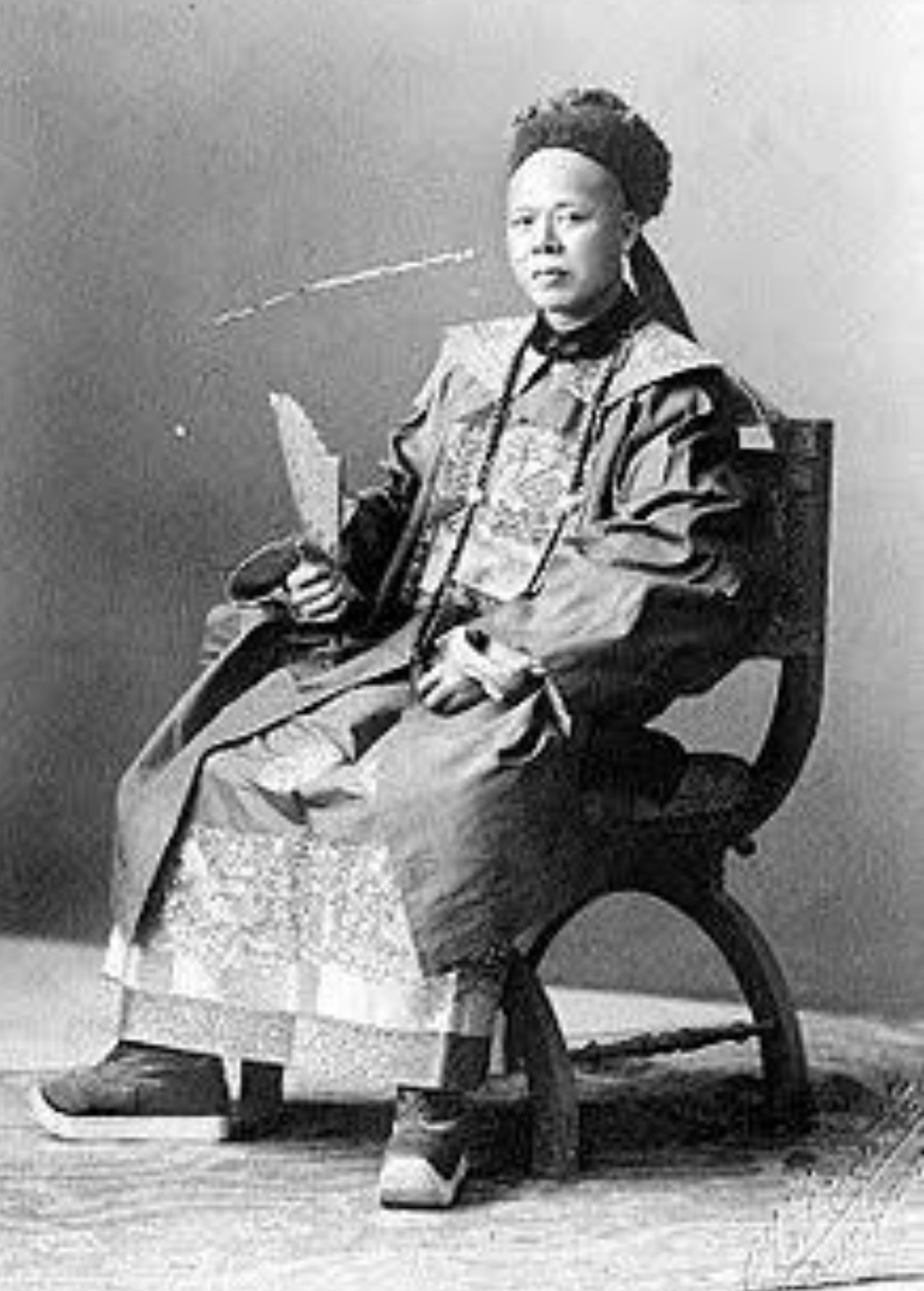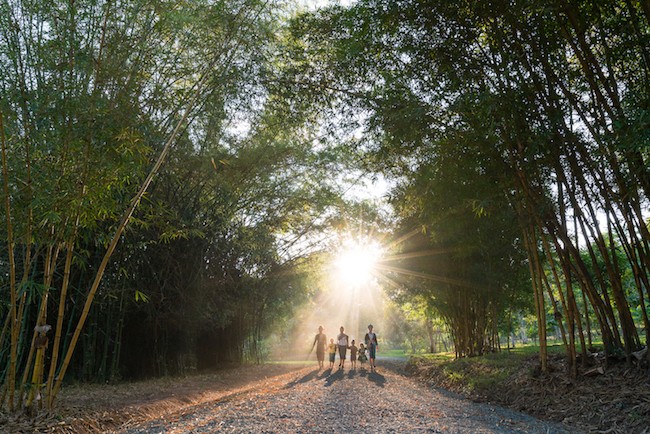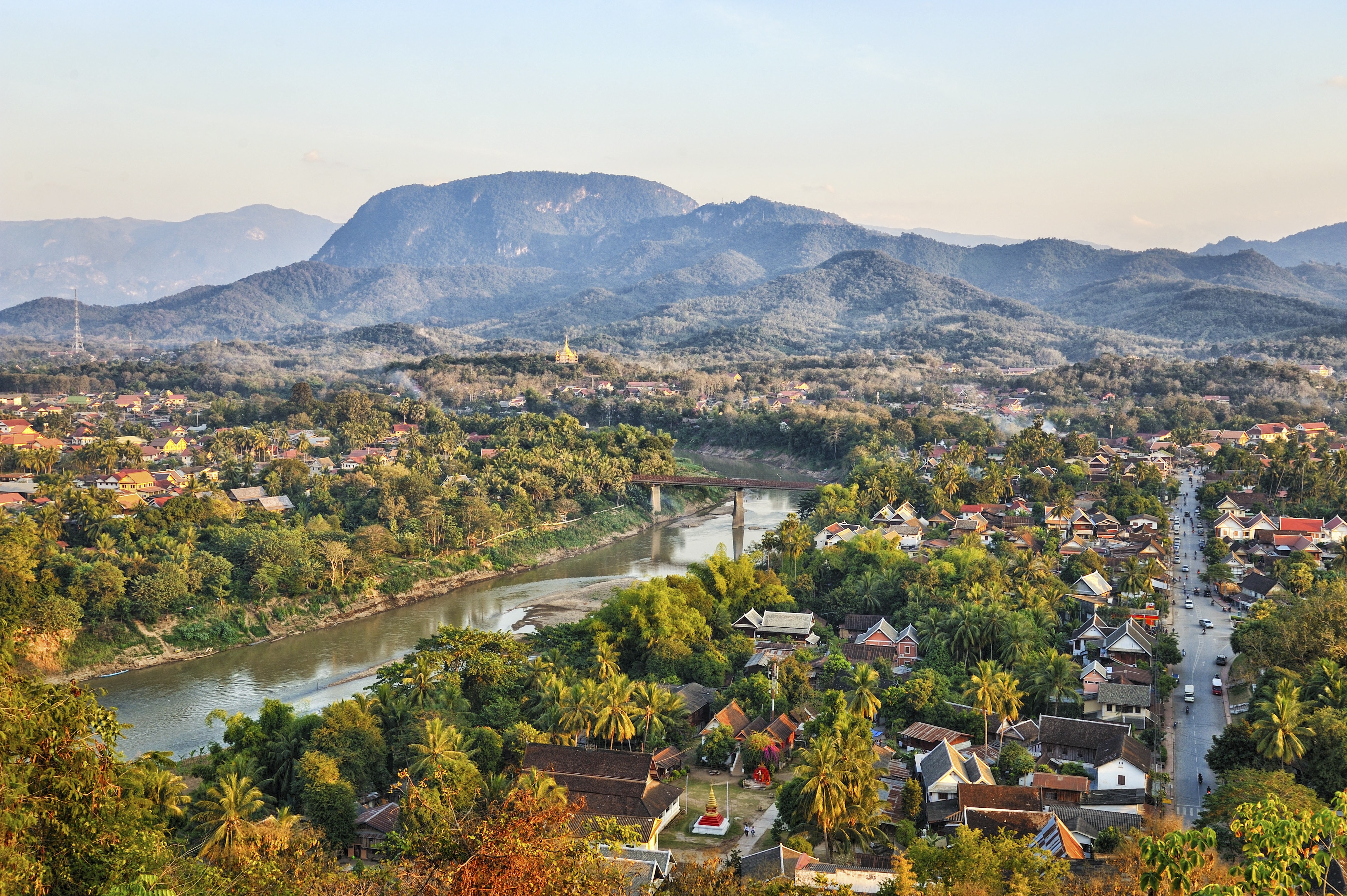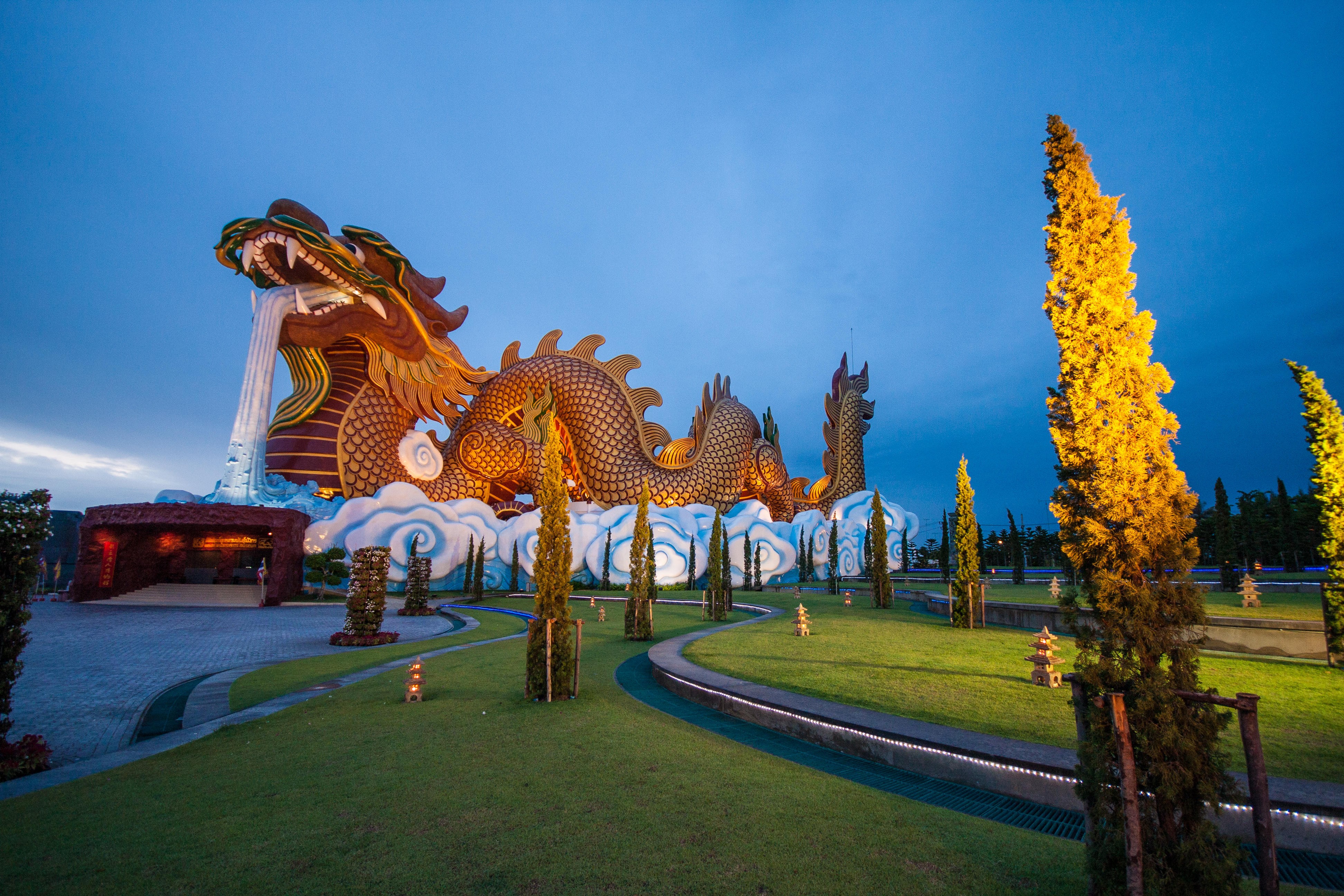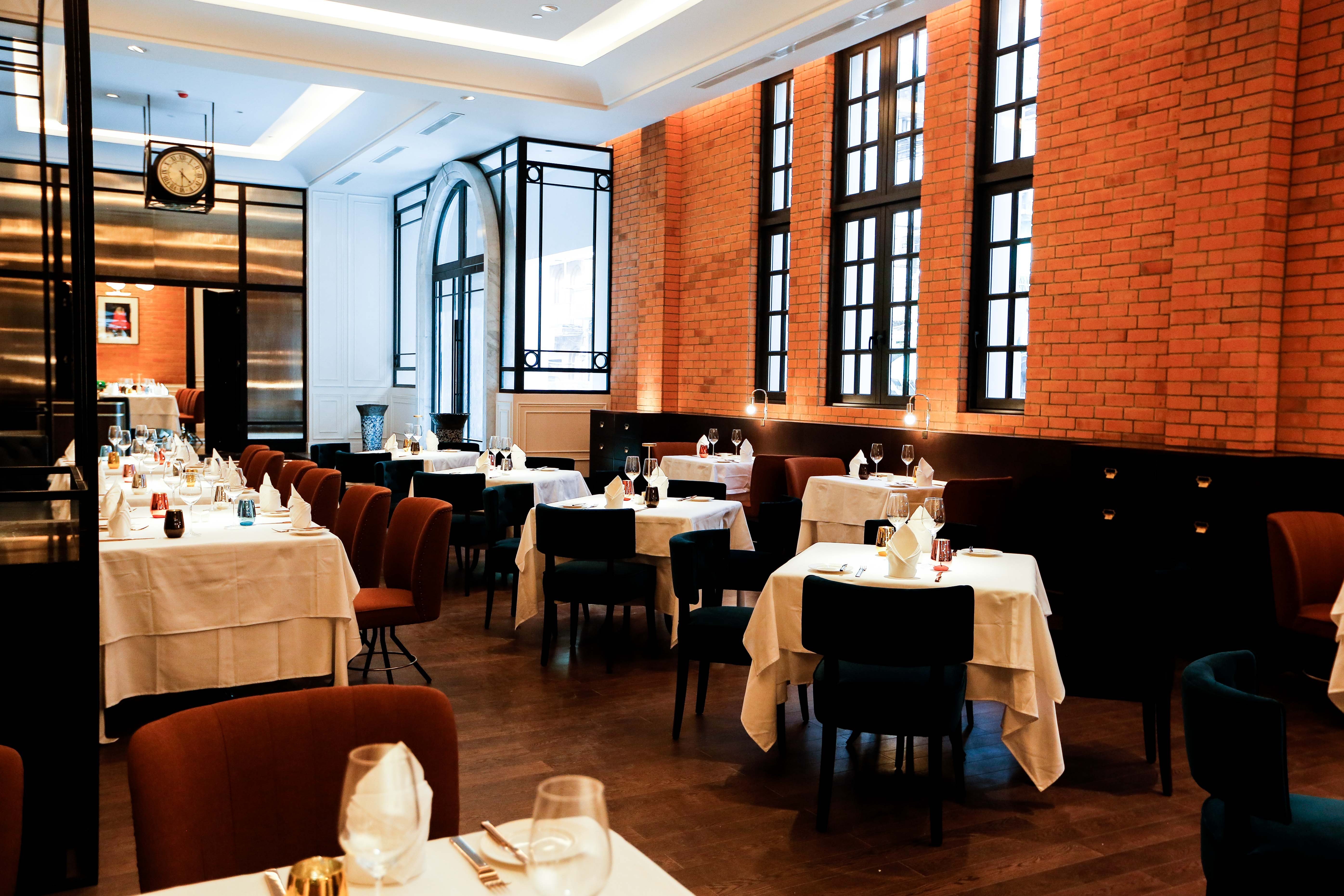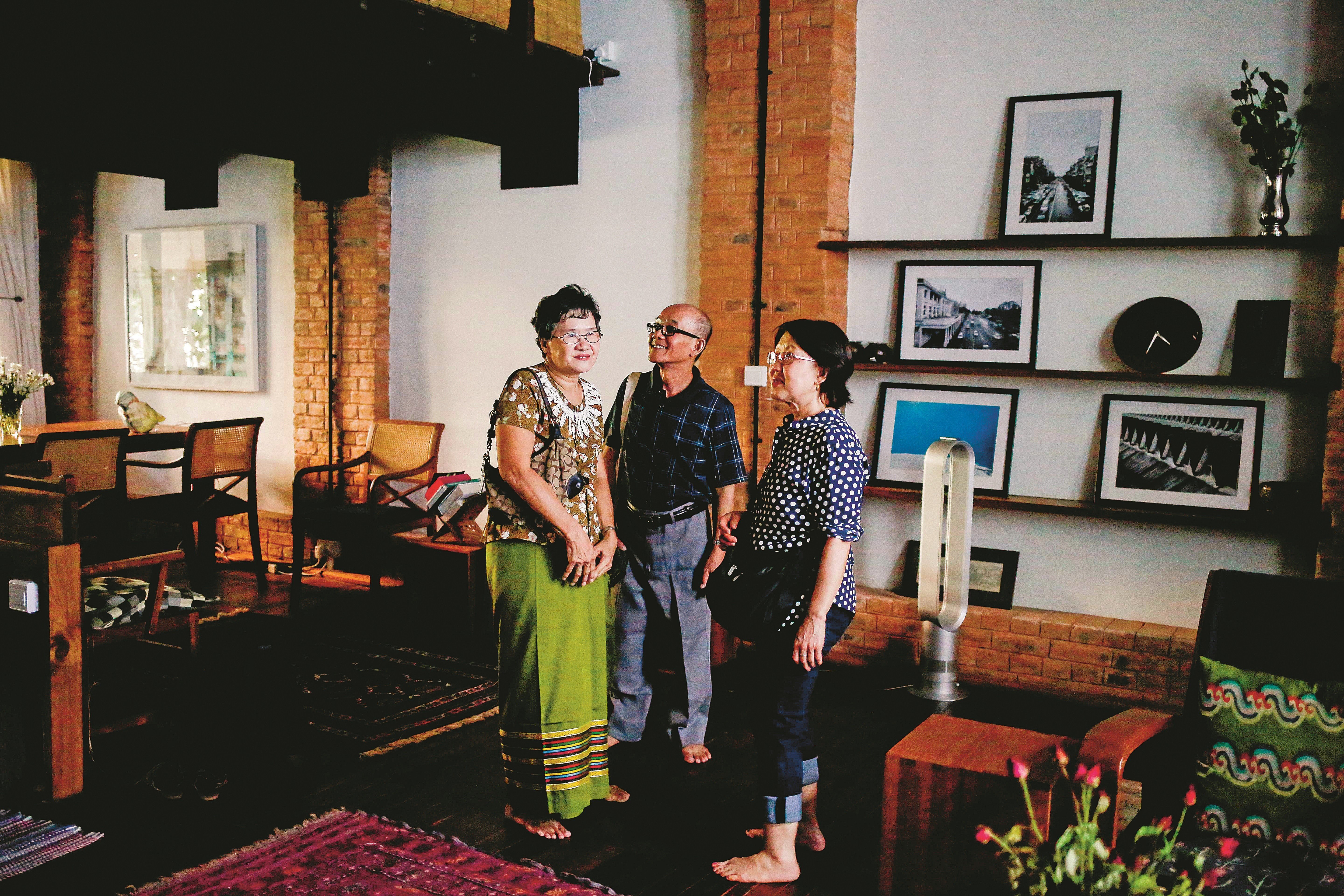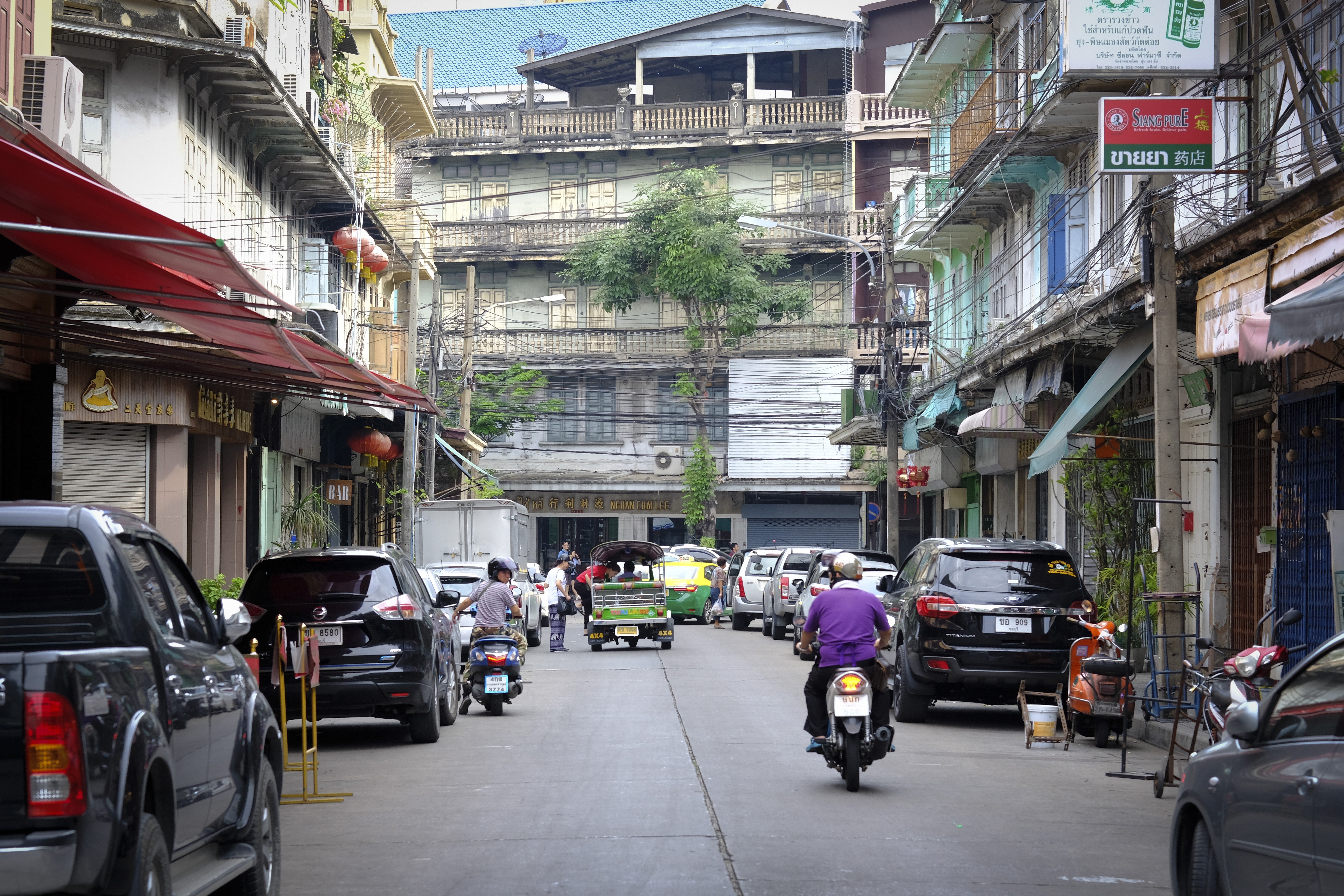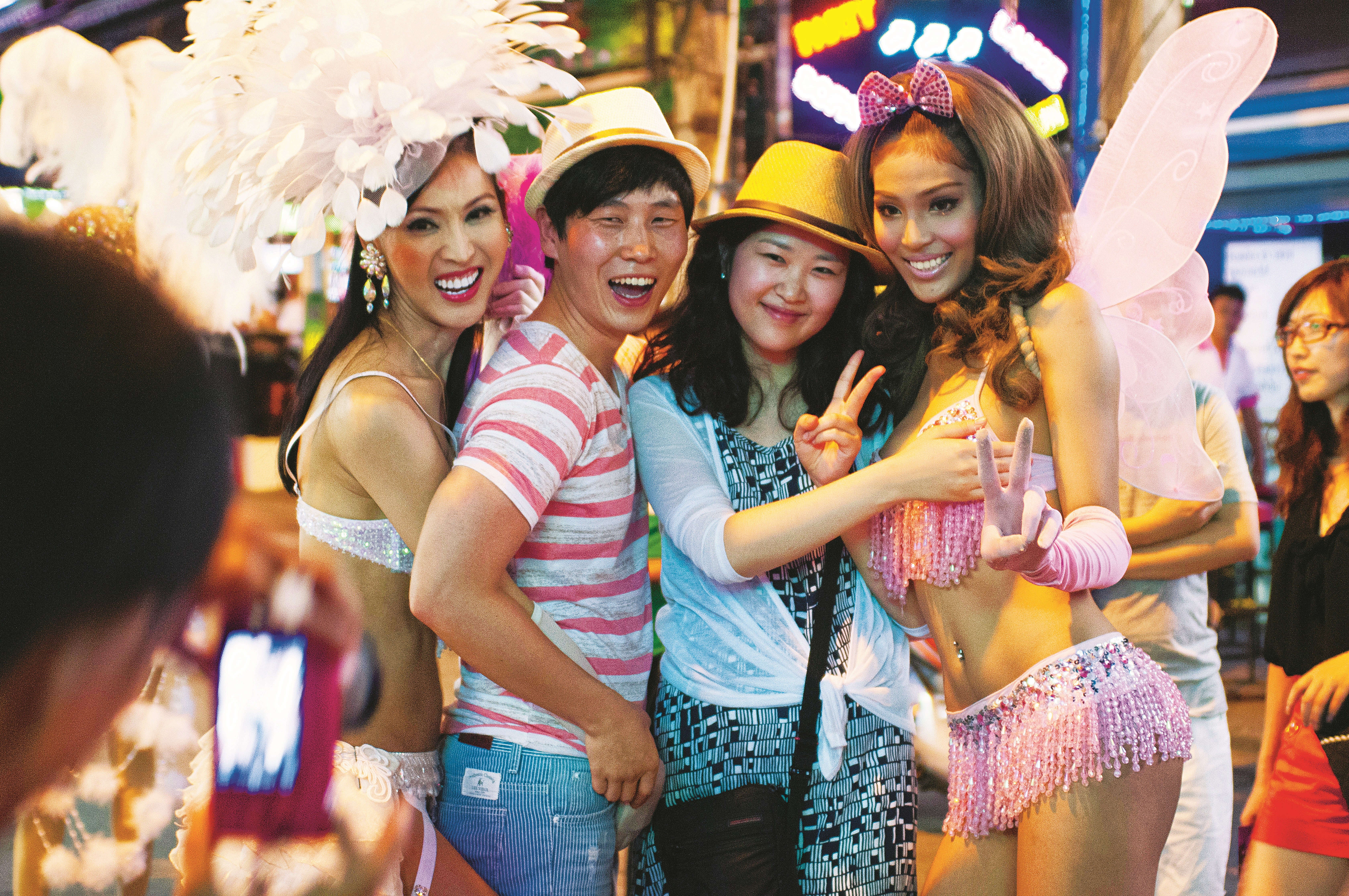New book Women of the River tells the story of successive generations of women in the Supatra family who built a modest ferry service into one of Thailand’s most successful businesses.
The purpose-built city of Naypyidaw has everything, except people. This may finally change as countries, starting with China, begin moving embassies there from Yangon, and foreign-backed schools and universities open.
Thailand’s new Patpong Museum charts the history of a neighbourhood that gave birth to one of the world’s most notorious red light districts, complete with photos of go-go girls, a mock-up bar room and ‘X-rated’ area.
Bhikkhuni Dhammananda, 75, helped ordain eight women monks in 2014, only for Thailand’s ruling Buddhist body to prohibit all future female ordinations. But she still find ways to battle her religion’s male monopoly.
Bangkok has a thriving second-hand book market popular with English and Chinese readers who can find titles of all kinds, including old, out-of-print books, often prompting the question: ‘How did this end up in Bangkok?’
Sulak Sivaraksa talks about how an audience with King Maha Vajiralongkorn brought a halt to new prosecutions for lèse-majesté – insulting the monarchy – in Thailand.
In 1970, the Dusit Thani opened in Bangkok, a luxury hotel emphasising ‘Thainess’. The decision to close the hotel wasn’t easy, but the management say its character won’t change when it is redeveloped.
With little room for cars, Chinatown expects a boost in visitors when its subway station opens. From home-made ice cream to coffee to Hong Kong craft beer, these four outlets are raising the bar in Bangkok.
Biography tells how Anand Panyarachun became Thai prime minister after everyone else turned the job down, yet ended up passing key laws to liberalise business and finance; and how earlier, as a diplomat, he launched secret talks with China.
We plan to turn the hotel from an icon into a living icon – it’s basically brand new, says general manager of revamped five-star hotel, opened in 1962 in Jakarta as part of President Sukarno’s vision to build a confident nation.
With help from aid groups, Myanmar is turning itself into a speciality coffee producer looking for a niche in the global market. But after the Rohingya tragedy, focusing domestically looks the better play
When Asia’s rice basket, Burma, committed economic suicide Thailand took over as world’s top exporter of the grain; its reign was ended by another economic lurch under Yingluck Shinawatra’s government.
Lim Chin Tsong left behind a lavishly designed palace that is now to be restored; temples are another legacy of the time of Tiger Balm founder Aw Boon Haw and others – a distant memory for Chinese still in Myanmar today.
A sultan lured a Dutchman to Sumatra 150 years ago to launch tobacco growing. Initially successful, the industry withered after Sukarno’s nationalisation and was eclipsed by palm oil. A museum recalls the glory days of the plantations.
Tjong A Fie helped build the city of Medan, and gave it hospitals, schools and places of worship. He also built himself a mansion. Now badly in need of repair, it has been made a museum by his heirs to funds its restoration.
Dutchman Rik Gadella got the idea for the garden 11 years ago after a week’s holiday in Luang Prabang. He rented some land and spent years building up his collection of indigenous plant species.
Chinese nationals already make up about 11 per cent of visitors to Laos. When the railway is finished, that figure is expected to rise dramatically, bringing challenges and opportunities for the country.
Thailand has historically shown tolerance for its citizens of Chinese descent – people such as Banharn Silpa-archa – who have shaped the nation’s development, something the late prime minister’s legacy to his hometown encapsulates.
Three luxury heritage hotels will open in Yangon in the next two years, but with the Rohingya crisis turning Western tourists off Myanmar, they must rely on travellers like the Chinese, who are visiting in ever greater droves
In Myanmar’s former capital, more owners are discovering the value of refurbishing, not demolishing, their old colonial homes, for which foreigners and wealthy locals are prepared to pay impressive rents
Most Sino-Thai clans quit Sampheng, a warren of narrow lanes, years ago, but few sold their properties, and its patchwork of ownership may save the historic neighbourhood from mass development – though change will inevitably come
The notorious sleazy side to Thai seaside resort Pattaya is not what is pulling in millions of Chinese tourists every year who, guided by social media like WeChat, go to see things like Tiffany’s Show, and are even buying property
